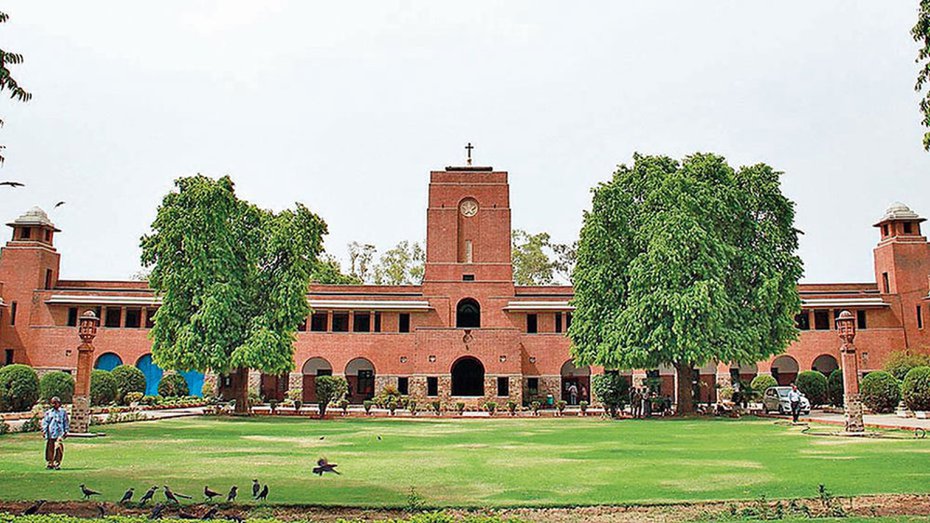The Delhi University administration on Friday appeared determined to approve a proposal to set up nine centres under a parallel governance structure that will have no link with statutory authorities like the academic council and the executive council.
The executive council, the top decision-making body of the university, held a day-long meeting amid indications that the administration has more or less made up its mind to ignore stiff resistance from teachers and the boycott of academic activities.
Official sources said that that 23-member council, led by vice-chancellor Yogesh Tyagi and dominated by officials of the university, may approve the proposal. The meeting was going on late into the evening.
Led by the Delhi University Teachers Association (Duta), the teachers on Friday boycotted classes in post-graduate departments and about 70 constituent colleges of the university and protested in front of the office of the vice-chancellor.
“This proposal of creating new centres under a parallel governance system will harm the growth of the university. It will render the existing departments and colleges irrelevant,” said Duta president Rajib Roy.
DU has been selected for granting the Institution of Eminence status under a scheme of the human resource development ministry. The scheme seeks to give up to Rs 1,000 crore to an institution selected for the eminence status. The status also gives a lot of freedom, such as exemption from seeking the approval of the University Grants Commission (UGC) for opening new departments or centres and fixing the fee.
In its application for the eminence status, the DU administration had proposed to create nine new centres which will get the promised aid and the academic autonomy. While existing colleges and departments are bound to follow the academic curriculum and rules framed by statutory bodies like the two councils, the nine centres will have separate a governing council to decide their affairs.
The BJP-backed National Democratic Teachers’ Front (NDTF) also criticised the move to create a parallel governance system for the proposed nine centres. Inder Mohan Kapahy, a founding member of the NDTF, said that a parallel governance system was not in the interest of the university.
“Autonomy for academic decisions is welcome. But to have a provision to deny any power to the academic council and the executive council in deciding the affairs of the nine centres is injurious to the health of the institution,” Kapahy said.
The eminence scheme talks about the university in terms of its departments. However, DU has about 70 constituent colleges. “DU has a federal structure. The colleges produce good quality graduate who pursue higher studies in the PG departments in the university. Ignoring colleges will lead to dilution of academic standard,” Kapahy said.
The 23-member executive council has three teacher representatives. They said that they would not allow the proposal to pass.
“The administration prepared the proposal for the nine centres without discussing it in the academic council or the executive council, This proposal is arbitrary,” said Rajesh Jha, an executive council member.
In a statement, Duta president Rajib Roy said that the eminence scheme binds the future of the university to a path of self-financing and commercialisation of its activities, paving the way for privatisation of education.










